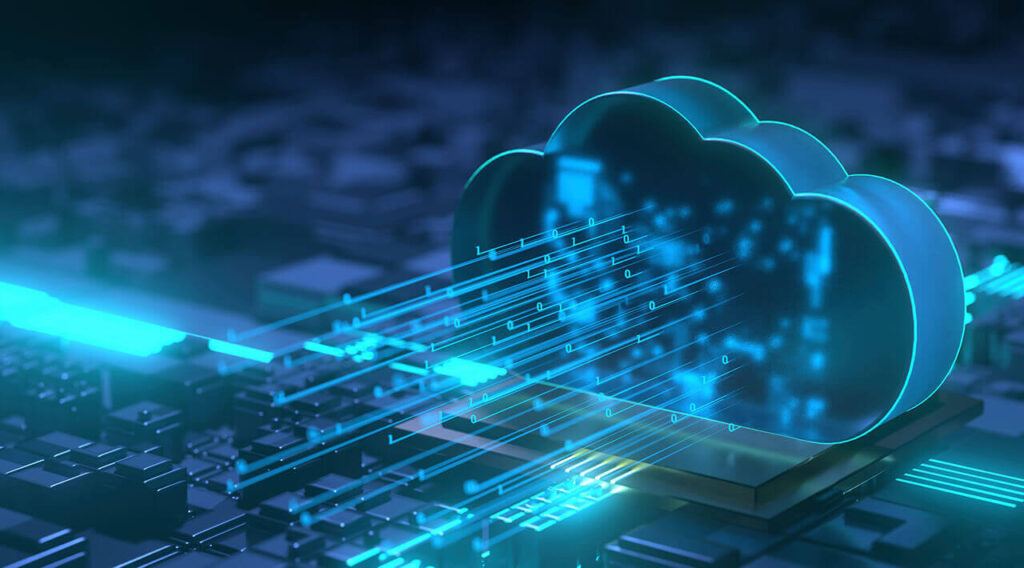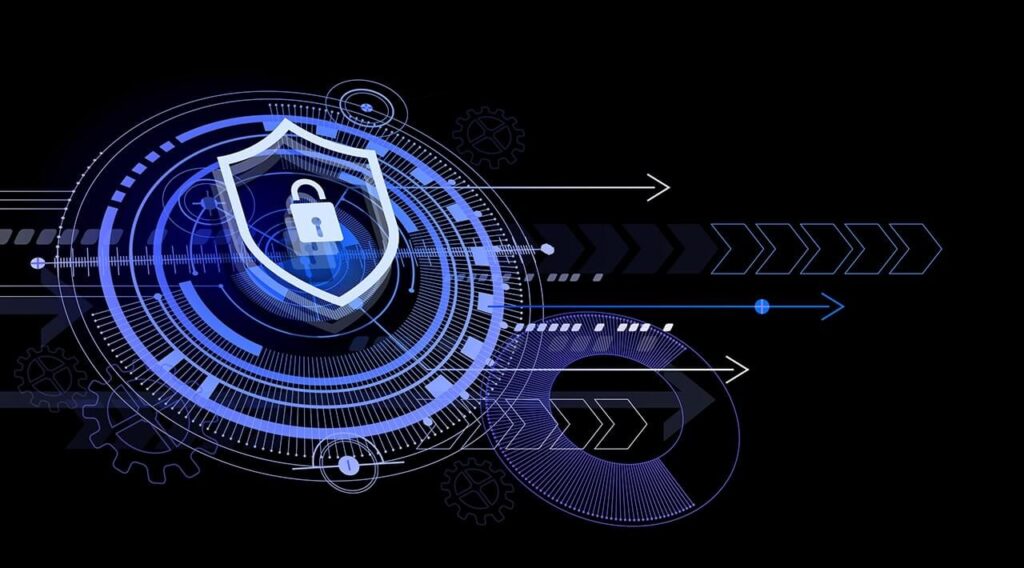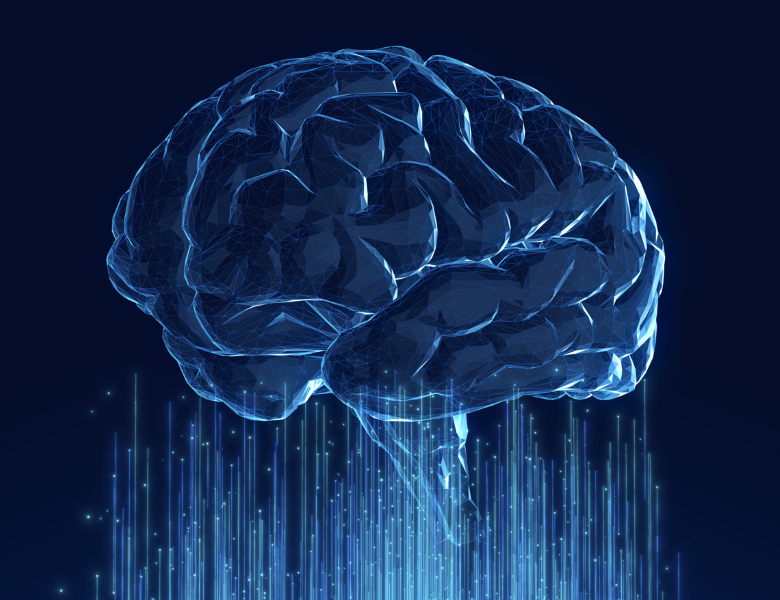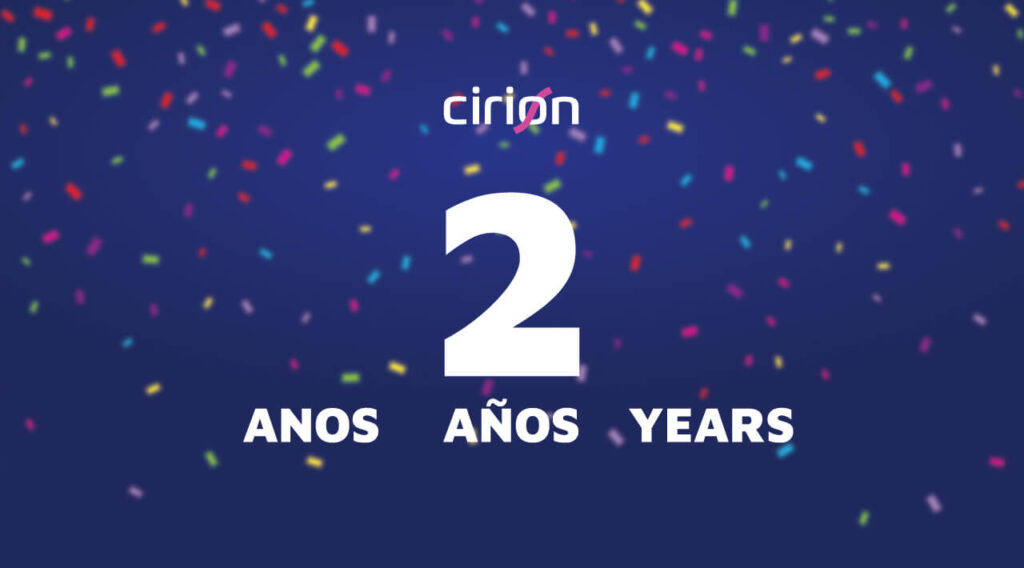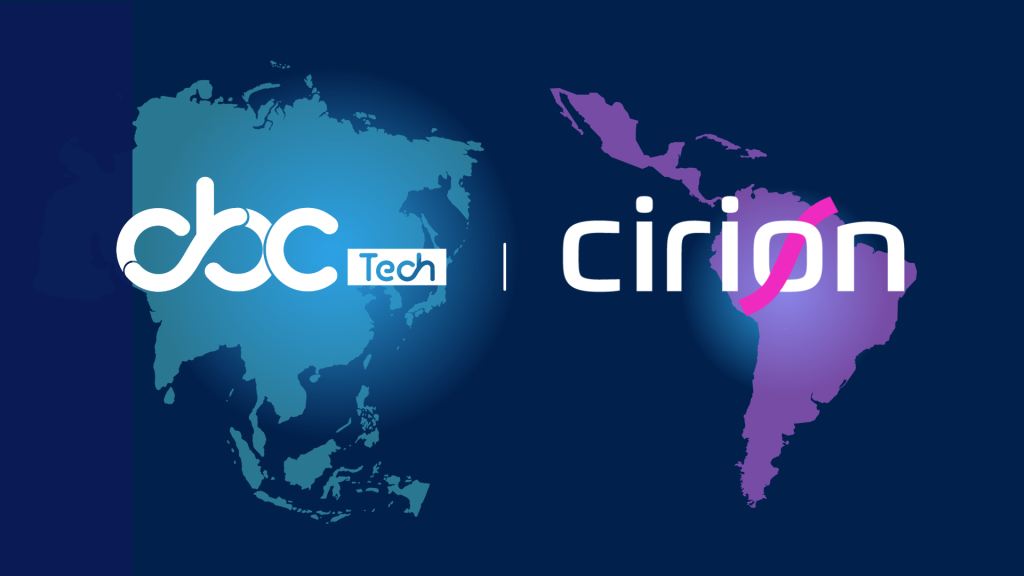Blockchain Digital Age
We have closely followed digital acceleration caused by the COVID-19 pandemic. Years of changes took place in just a few months, not only in how companies operate across the board, but also in our daily life performance. We are now in the so called “second stage of the Digital Age”, where technologies are present in everything — everyday life, Internet of Things (IoT), or through the use of Artificial Intelligence (AI) in smart homes, or even Big Data, but on how the future of economy is being shaped.
In 2020, when the greatest movement restrictions took place in the country, e-commerce, for example, had a record leap in its retail trade share. According to a survey of the E-commerce Brazilian Association (ABComm), sales increased by 68% vs. 2019. Last year, almost 20.2 million consumers made their first internet purchase.
Blockchain Digital Age: Financial universe is more digital
To meet this demand and keep operations, thousands of companies implemented e-commerce and different digital solutions, which enabled them to improve, enhance, and facilitate their processes. To give you an idea of how big this transformation was, according to the E-commerce Brazilian Association – ABComm, almost 150 thousand stores that served retail commerce in person, started selling in the digital environment as well. And this is just an example of the technological impact driven by the pandemic from a financial perspective.
The arrival of PIX to the financial sector is worth inserting in this context. It registered more than 1,5 billion transactions only in the first six months of operations .Between November 2020 and April 2022, the number of transactions carried out through the system already exceeded the number of TEDs and DOCs, as well as the aggregate of checks and invoices.
We are undoubtedly facing a transformation whose impact on finances at a global level is still difficult to measure. Because any innovation clearly brings associated benefits and risks. Emerging technologies also carry risks such as misuse of user data and the right to privacy, or job loss, replaced by AI-driven machines.
Accordingly, one of the most important aspects to consider is that in this unique environment, Blockchain positions as a new operating platform that helps 21st Century companies and economy face these challenges.
But what is Blockchain?
Blockchain is a technology created in 2008, in the financial world, although it is currently applied in other areas. This word we are beginning to hear more frequently refers to a concept that removes supply chain intermediaries. It is an information bank where blocks are interconnected and encrypted to protect transactions’ security and privacy.
In other words, it is a secure, distributed database applicable to all kinds of transactions, not necessarily just financial ones. It allows different participants in a database network to record transactions and business events in an immutable and sequenced manner. These data are recorded and encrypted in such a way that the entire transaction history of these various participants can be retrieved in a traceable manner, generating process security and reliability.
Thanks to this technology, we will be able to move from the Internet of information to the Internet of value, where each user will be able to undertake and account for their digital identity, i.e., owning their data and privacy, in processes such as online purchases, places we visit, just to mention a few.
Likewise, the role of banks will change, as they will no longer be only intermediaries in transactions, but will have to orient their IT systems to embracing a block chain financial culture for a more functional and secure process execution. This technology has the potential to reduce costs, speed up transactions and promote greater financial inclusion by simplifying domestic, international and remittance payments, among others.
Many questions arise as the business moves from reacting and recovering from coronavirus impacts to the current stage of looking at and planning for growth. But we know that Blockchain is one of the main tools to design the future of our economy. Both companies, and governments must work in tandem to develop viable social contracts to overcome current challenges related to the use of data, the “access to banking services” of the population and digital transformation.
I have no doubt that this future is near and Blockchain will be the key to generating value in a fair way for all parties involved in financial processes. Trust is not just a security issue; it is also an accountability matter.

Autor:
Danilo Cereza
Sales Director
Lumen, Brazil
With over 20 years of experience in the IT and telecommunications sector, Danilo currently leads and develops sales teams for the enterprise and government sectors throughout Brazil.

